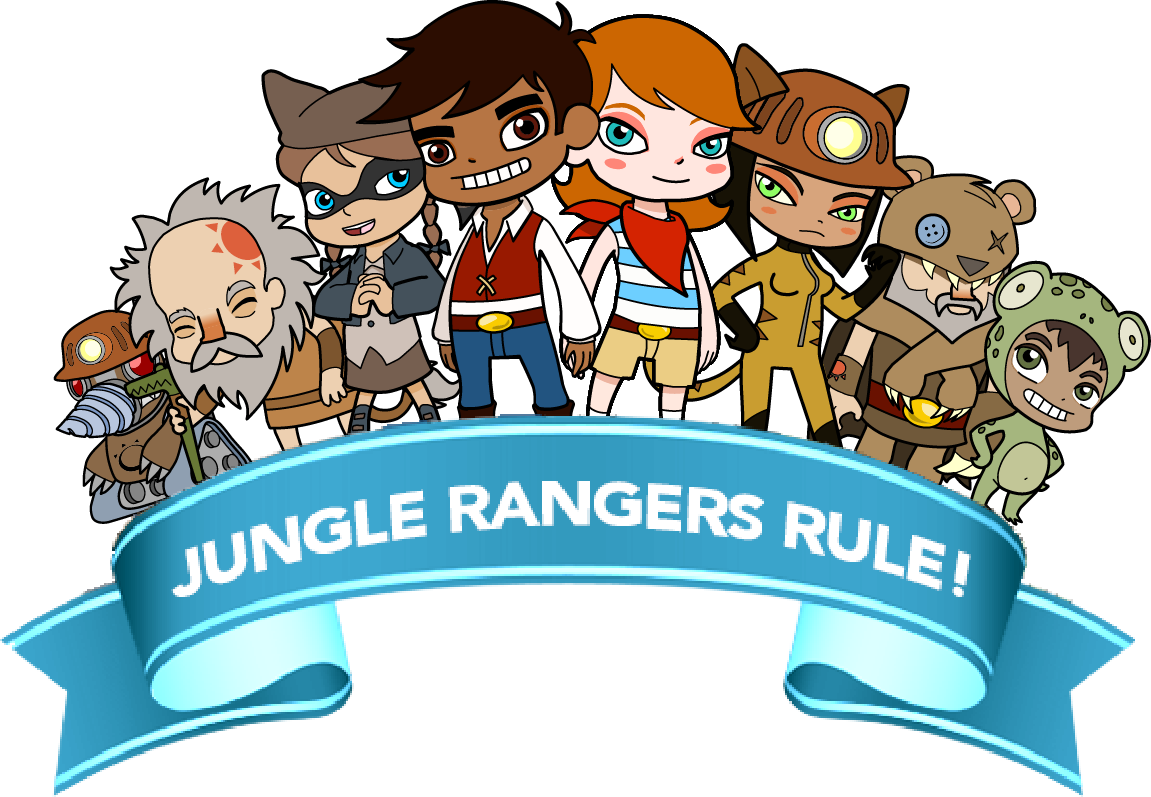Last week the Federal Trade Commission announced it had reached a deal with the makers of a $200 brain-training program that claimed it could help children improve their focus and attention and improve their ability to succeed in school.
Under the terms of the agreement between the FTC and Focus Education LLC, makers of the Jungle Rangers computer games, the company agreed to stop claiming it could improve children’s cognitive function and permanently improve their neural abilities.
Focus Education also said it would make itself available to FTC inspections of its marketing efforts at any time over the next five years, although there was no financial penalty announced.

Jungle Rangers will need to scrap most of its claims that it can improve a child’s attention and focus, according to a deal it cut with the federal government.
“This case is the most recent example of the FTC’s efforts to ensure that advertisements for cognitive products, especially those marketed for children, are true and supported by evidence,” said Jessica Rich, Director of the Bureau of Consumer Protection. “Many parents are interested in products that can improve their children’s focus, behavior, and grades, but companies must back up their brain training claims with reliable science.”
The FTC specifically targeted claims the Focus Education made that they said Jungle Rangers and its accompanying Ifocus system were based on specific scientific experiments and studies.
For example, during one of the company’s infomercials one announcer said, ““Ifocus is a powerful new approach developed to help kids focus in a groundbreaking new way. The secret is integrated neuro-technology. Every challenge and sequence built into the ifocus game was scientifically engineered to strengthen important neuron connections, helping your child to filter, focus, absorb and remember.”
The other focus of the government’s action centered on child psychologist Dr. Daniel Amen who said in a testimonial that, “What we found was their ability to regulate themselves, so self-regulation and emotion statistically significantly increased after the kids played the game. If you can help a child with their emotions, regulate themselves, they’re more successful in their lives. Not only are they happier, but they’re able to stay on task. So, I think any kid will benefit from this.”
The Commission, in its complaint against the company, reported that Amen’s, “study was not randomized, blinded, or controlled; the children’s performance in the Self-Regulation and Emotion outcome measures was in the normal range before and after using Jungle Rangers; the Self-Regulation, Emotion, and Feeling outcome measures do not measure focus, attention, or behavior; and the study did not conduct any follow – up testing to measure any permanent effects of Jungle Rangers training or collect any data on the children’s existing diagnoses or academic performance.”
The agreement that Focus Education LLC and the FTC entered into required the company change its claims, specifically ordering that the company cannot claim that the product improves children’s ability to focus or perform well in school and that they it doesn’t make any permanent improvement to children’s mental functions.
In describing the entire decision to take action against Focus Education LLC, Lesley Fair, a senior attorney with the Federal Trade Commission’s Bureau of Consumer Protection, said other companies should learn from what the agency did in this case.
More companies seem to be marketing products with bold promises of improved cognition. Some target parents interested in giving toddlers the best start. Others focus on school performance… The FTC’s message is clear: Companies need sound science to support cognition claims. For savvy marketers, that should be a no-brainer.
Lesley Fair, Federal Trade Commission’s Bureau of Consumer Protection
The FTC’s targeting of companies that market games to parents that claim to help children develop cognitive skills and build strong neuro-pathways comes after neuroscientists themselves have called on adult brain-trainers to stop making what they say are unsubstantiated claims.
A group of 70 published a statement last October that read, in part, ““We object to the claim that brain games offer consumers a scientifically grounded avenue to reduce or reverse cognitive decline when there is no compelling scientific evidence to date that they do.”
Commission spokesman Mitchell Katz told Bloomberg News that this is the first action the FTC has taken against a brain-trainer game and so the question remains: What should developers take away from the FTC’s actions?
Realize What Is an Ad
Obviously, claims made during the Focus Education infomercials were part of the ad. But the complaint also cites parts of the Jungle Rangers website and FAQs in their complaint.
Remember, whatever you put online or in a broadcast or video about your app is considered part of your advertising claim. Be aware that misleading or unsubstantiated claims in the App Store, in the game itself or on your website are considered part of your marketing claims about the product.
Watch What You Claim
Part of the reason Focus Education got in trouble was it didn’t just say its game was good, it made specific scientific claims about its ability to improve focus and attention (and it implied it could especially help children with ADHD).
The FTC has produced a video for app developers with recommendations.
“If you make objective claims about your app, you need solid proof to back them up before you start distributing it,” Laura Berger, an attorney with the FTC says in the video.
This means if you are going to make claims that your game is scientifically guaranteed to work you need to be able to provide actual studies that effectively test those claims. Testing should probably include control groups and solid before and after testing to demonstrate what you claim.
